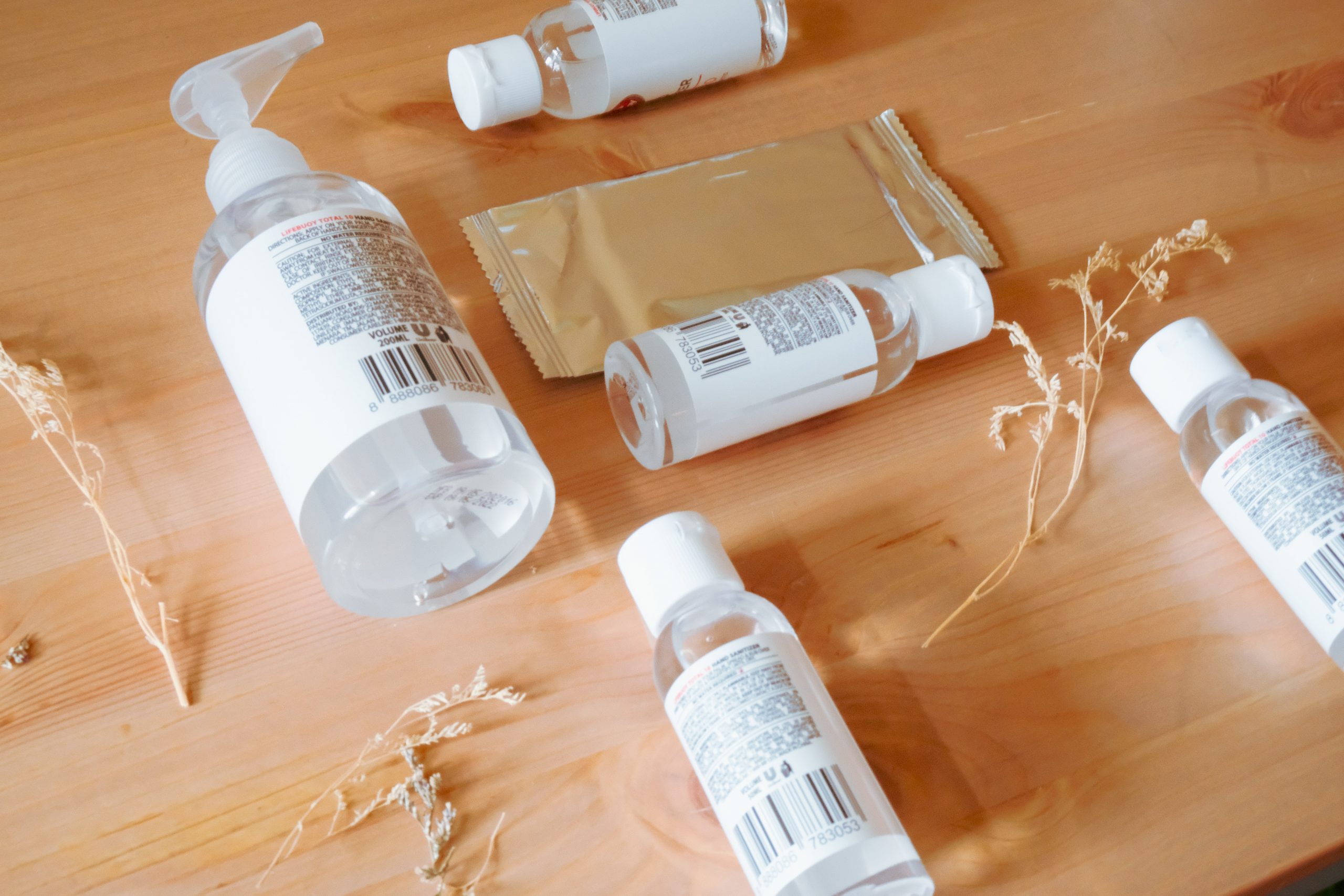It’s hardly news that having a baby can put a dent in your bank account. The price of raising a child may mount up rapidly between the need for food, diapers, clothing, and entertainment. Nobody is immune to the urge to save costs. Making your own baby wipes is one way to save money that may come as a surprise. You can save up to $150 per year by making your own wipes instead of buying disposable ones, plus you can help the environment by using reusable wipes. Make your own baby wipes and you’ll know exactly what’s going on your baby’s delicate skin. Discover the easy way to produce your own wipes, whether you intend to reuse them or throw them away after use.
How to Make Reusable Wipes
Because cloth wipes can be washed and reused, they help reduce garbage. You’ll need some sewing skills to make them, though. Cloth wipes can be sewn by hand or, if you have access to a sewing machine, by machine.
However, you don’t need to be a sewing pro to finish this task. To make a complete set of cloth baby wipes, you should plan on spending around 20 minutes.
What You Need to Make Reusable Wipes
- 2 cups water
- 2 tablespoons baby oil
- 2 tablespoons baby shampoo or baby wash
- Receiving blankets, flannel shirts, or baby washcloths
- Scissors
- Sewing machine or needle and thread
- Spray bottle
A Method for Fabricating Disposable Wipes That Can Be Reused
Squares of 8 inches by 8 inches should be cut from blankets, shirts, and washcloths. Layer one fabric over another. To finish the seams, use a serger or a narrow zigzag stitch.
To prepare the wipes solution, make. Prepare a baby oil spray by filling a spray bottle with water, baby shampoo/wash, and baby oil. To combine ingredients, give a good shake.
Spray the wipe with the wipe solution before using it. A compact trash bin is ideal for holding used wipes.
Before tossing used wipes into the washer, rinse them to remove any excess dirt. The wipes should be washed on the hot/sanitize setting of the washing machine and should be washed separately from the family’s regular laundry.
Making Your Own Single-Use Wipes
Make disposable wipes for everyday baby care if you just can’t bring yourself to join the reusable wipes revolution. It’s far cheaper to use paper towels as disposable wipes than to buy them from a store.
What You Need to Make Disposable Wipes
- 1 cup water
- 1 roll of premium paper towels
- 1 tablespoon baby shampoo or baby wash
- 1 tablespoon baby oil
- Large bowl
- Large liquid measuring cup
- Serrated knife
An Expendable Wipes How-To
Use the serrated edge of the knife to split the roll of paper towels in half. Keep the cardboard cylinder in place.
Combine the baby oil, baby shampoo/wash, and water in a liquid measuring cup. Paper towels (with the cardboard tube) should be placed in a large basin and the liquid mixture should be poured over them. Ten minutes of paper towel soaking time is recommended.
Towels should be soaked for a further 10 minutes after being flipped over. You may need to play around with the soaking duration and mixture concentration to get the towels thoroughly soaked.
Once the towels are wet, remove the cardboard roll. It’s important that the wipes come out of the center of the roll.
For the sake of Security and Stash
Baby wipe ingredients should be tested to ensure they are safe and non-toxic before being used on infants and young children. All soaps and oils should be fragrance-free to reduce the risk of an allergic reaction in your infant, says Florencia Segura, MD, a board-certified pediatrician at Einstein Pediatrics in Vienna, Virginia.
Keep in mind that homemade wipes don’t have the same shelf life as store-bought wipes because they lack preservatives. Due to the risk of mold growth, Dr. Segura recommends not keeping homemade baby wipes for more than three to four days.
Make use of any sterile, airtight container for storing handmade wipes. It’s likely that you already have what you need on hand. The empty containers from disposable wipes, plastic storage containers, and large plastic bags are all great options.

